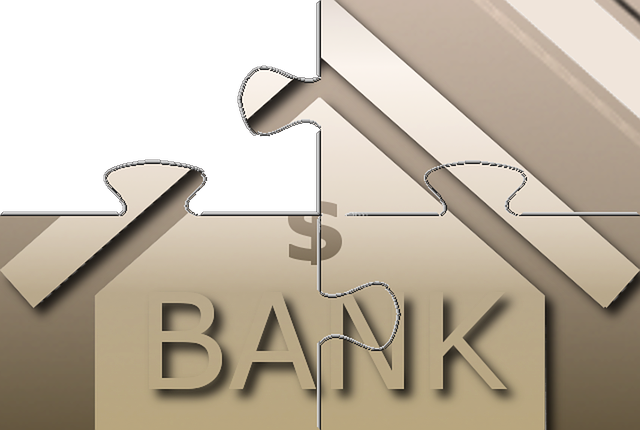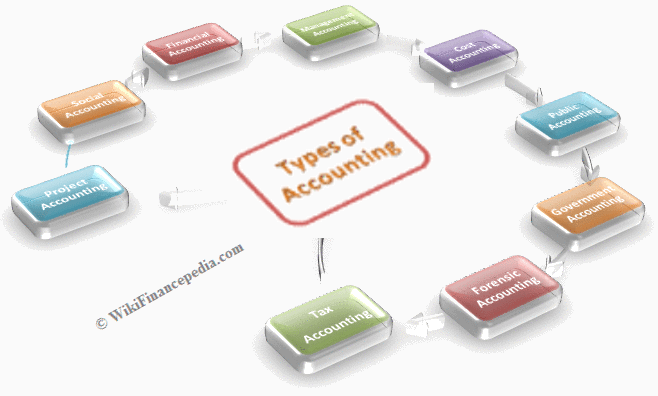Bank Definition:
A bank being a financial institution creates wealth by deposits. Deposits are created by lending funds either directly or indirectly into market and reclaiming with interests or profits. A role of bank is importance in financial system for any country, they are exceedingly regulated by the central government or national bank.
Mainly commercial banks are into managing withdrawals, deposits, lending short-term loans, home loans, mortgage loans, etc where consumer is mostly focus toward checking and savings accounts where as Investment banks primarily focus into services like underwriting, assisting to governments, corporations in investments and raising large amount of funds, etc.
Now a days, mostly all banks have their online presences. In online banking customer can manage withdrawals, deposits, loans, funds, etc from online banking account by using mobile banking solution or financial management systems or banking online website.
Define Banking Services:
Standard bank services for customers include checking accounts, current accounts, paying cheques, collecting cheques deposits, cash deposits, payments via telegraphic transfer, Real Time Gross Settlement, Automated Clearing House, Wire transfers, automated teller machine, National Electronic Funds Transfer, issuing bonds, securities, money lending, insurance, mortgage loans, etc.
Other bank services for the customers include equities, futures, options, commodity, foreign exchange trading, personal, corporate, private, insurance, investment banking, etc.
Banking Related Terms:
Banking Company: Means any company performing banking business is expressed as Banking Company. Banking Company means lending money or investing deposits money from public and repaying them on demand and so on.
Banking System: An instrument by which money supply is created and controlled is termed as Banking System. Banking System means managing investments, savings, deposits, calculating risks, paying interests and other services provided by the system.
How do Banks price their services?
The pricing method for banking services is dependent on client relationship and category of the transaction. The pricing is derived after outlining customers into different segments. Segments like corporate segment involves in bulk transactions, brokers, small and medium enterprises (SME) involves in low value and high volumes transactions. Therefore pricing for segment differs from segment to segment. Likewise bank pricing differ in retail banking, corporate banking, commercial banking and investment banking. Bank circulates its tariff plan on time to time basis.
Role of Banks in Economic Development and Growth of Countries?
Customers trust is the important goodwill for a role of bank to sustain in the market. People will deposit money when and only customer trusts a bank which means they will get back money on whenever demanded or else on the date specified in case of fixed deposits. Other factors are also considered important element for a survival or reputation for the bank.
Banking is a business activity of accepting and protecting customer’s money and then lending to the required customer’s with an intension to make profit after calculating various types of risks. Now a days, role of bank comprise of various diversified services like debit cards / credit cards, insurance, safety lockers, Automated Teller Machine, online fund transfer across countries, etc. It is worth said that banking services plays a silent and crucial role in everyone lives. The banks perform financial by pool of deposits and underway into investments through risk conversion; thereby maintain the economy engine of the nations / countries.
Banking business has given new ways for the growth of world’s economy, at a same time role of banks in economic development and growth has gradually increased. Role of bank looks straight forward of accepting money from customers and then lending the same funds to the borrowers, banking activities have encouraged lot of people toward investments which in turn is a part of countries economy growth. If banking business was not available then savings would sit idle in your lockers and new business or new ideas would not be in position to raise the funds and common people wouldn’t have big dreams.
Bank capital consist of earnings, debts, equities, etc and difficult task in banking business is how well bank can manage the risk and drive business into profitable atmosphere. Risks like:
- Credit risk: When borrower fail to make payments as agreed.
- Liquidity risk: Risk when securities or investment rather turned to grow slowly and cannot prevent to adjust loss rather quickly.
- Market risk: Risk when investment portfolio turns to decrease with the change in market factors.
- Operational risk: Risk from business law penalty or capital penalty toward loan borrowed companies.
- Reputation risk: Risk towards trustworthiness of banking business toward customers.
- Macroeconomic risk: Risks related with change in regulation now and then towards bank operations. There are sets of framework defined by regulators within which a bank institution must have to manage funds due to which this is considered as high weighed risk.
Read E-Learning Tutorial Courses - 100% Free for All







